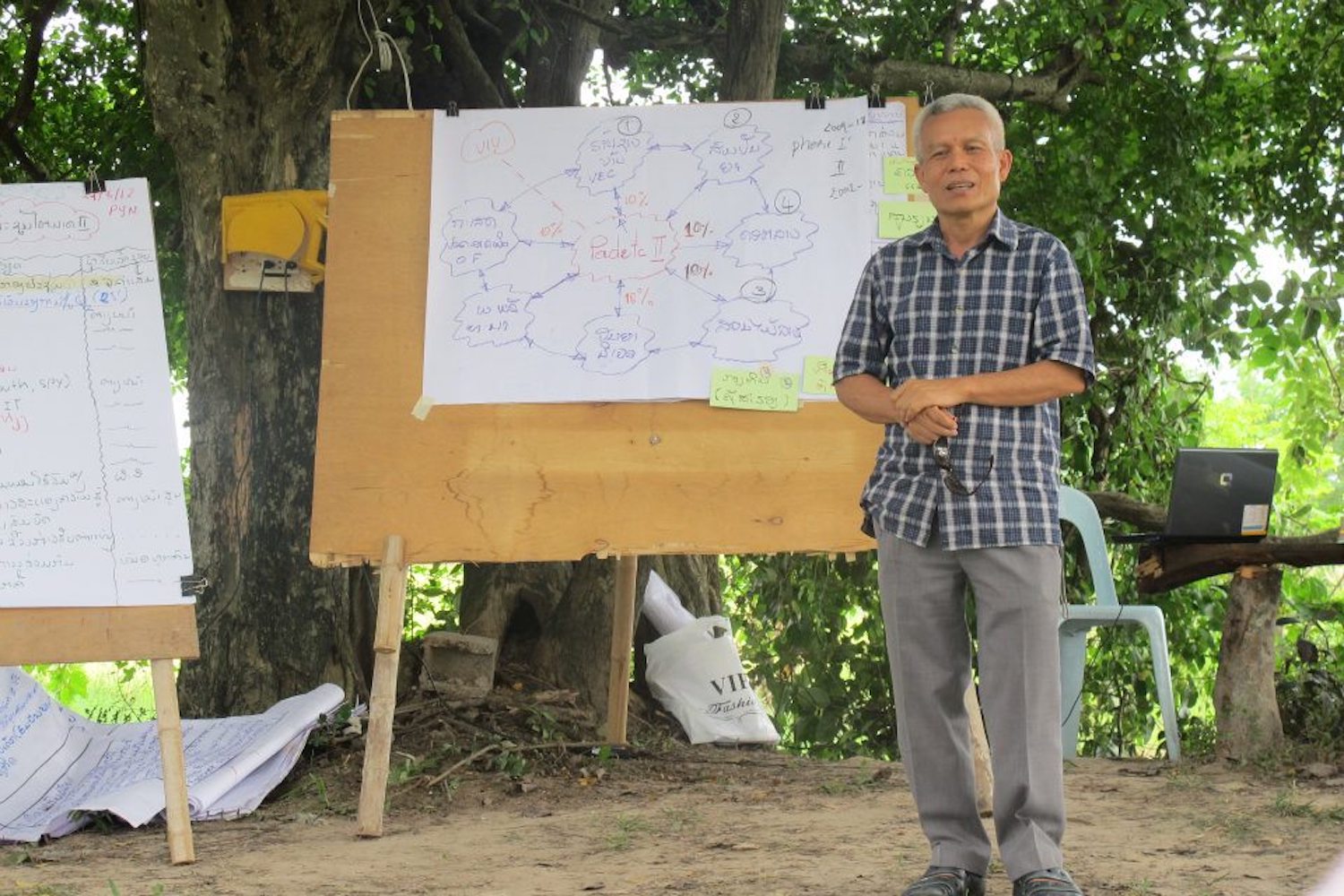BertelsmannStiftung Foundation: 2016
Party leaders furthermore urged tighter control over civil society organizations in the face of alleged but unsubstantiated efforts to undermine the party. In the wake of community leader Sombath Somphone’s unexplained disappearance in late 2012, the deplorable investigation of which attracted condemnation from around the world, increased pressure on civil society organizations produced levels of fear and self-censorship reminiscent of a more oppressive past. In this context, leaders’ ongoing claims to be strengthening the rule of law – another rhetorical theme in Laos – continued to fall flat.
From the 2016 BertelsmannStiflung Foundation’s Laos Country Report. On its Political Transformation Index, the foundation ranked the Lao PDR 120th out of 127 countries. Only North Korea ranked lower among Asian nations.


 Maina Kiai, the UN Special Rapporteur on the Rights to Freedom of Peaceful Assembly and of Association, is sharply critical of the situation facing civil society in the Lao PDR in a forward to the book Au Laos, la Répression Silencieuse by Anne-Sophie Gindroz. Excerpts include:
Maina Kiai, the UN Special Rapporteur on the Rights to Freedom of Peaceful Assembly and of Association, is sharply critical of the situation facing civil society in the Lao PDR in a forward to the book Au Laos, la Répression Silencieuse by Anne-Sophie Gindroz. Excerpts include:
 JAKARTA – US Secretary of State John Kerry should raise concerns about the state of democracy and human rights in Laos and Cambodia when he meets with leaders in Vientiane and Phnom Penh this week, ASEAN Parliamentarians for Human Rights (APHR) said today.
JAKARTA – US Secretary of State John Kerry should raise concerns about the state of democracy and human rights in Laos and Cambodia when he meets with leaders in Vientiane and Phnom Penh this week, ASEAN Parliamentarians for Human Rights (APHR) said today. FIDH and its member organization Lao Movement for Human Rights (LMHR) respectfully request that you use your upcoming official visit to Vientiane on 25 January as an opportunity to raise important human rights issues that the Lao government has left unaddressed for far too long.
FIDH and its member organization Lao Movement for Human Rights (LMHR) respectfully request that you use your upcoming official visit to Vientiane on 25 January as an opportunity to raise important human rights issues that the Lao government has left unaddressed for far too long. Impunity continues to reign for enforced disappearances. Authorities have repeatedly refused to disclose any information concerning all victims of enforced disappearances in the country. To this day, the fate or whereabouts of at least 13 individuals remain unknown. Among them is civil society leader Sombath Somphone, who was abducted at a police checkpoint in Vientiane on the evening of 15 December 2012. The government has failed to conduct a competent, thorough, and transparent investigation into his enforced disappearance. We call upon you to urge the Lao authorities to accept international assistance to help determine Sombath’s fate or whereabouts.
Impunity continues to reign for enforced disappearances. Authorities have repeatedly refused to disclose any information concerning all victims of enforced disappearances in the country. To this day, the fate or whereabouts of at least 13 individuals remain unknown. Among them is civil society leader Sombath Somphone, who was abducted at a police checkpoint in Vientiane on the evening of 15 December 2012. The government has failed to conduct a competent, thorough, and transparent investigation into his enforced disappearance. We call upon you to urge the Lao authorities to accept international assistance to help determine Sombath’s fate or whereabouts. 



